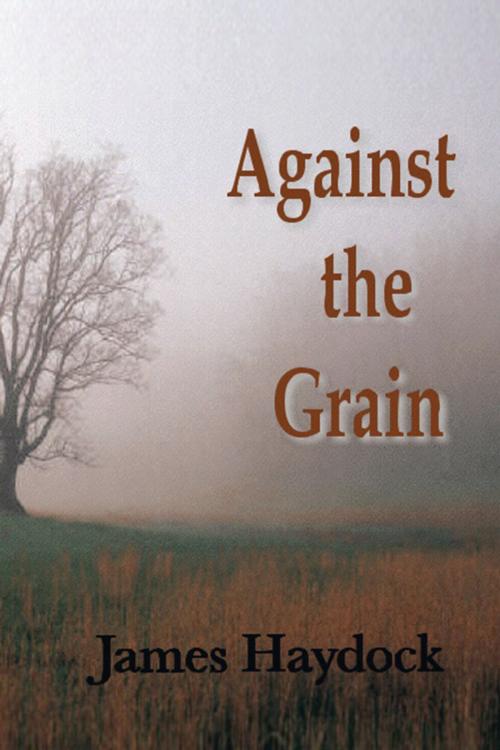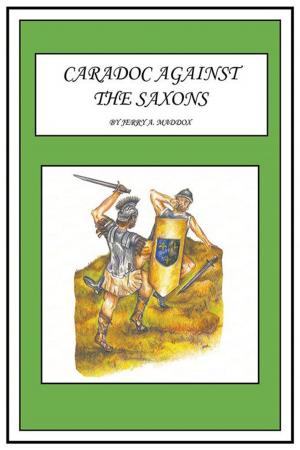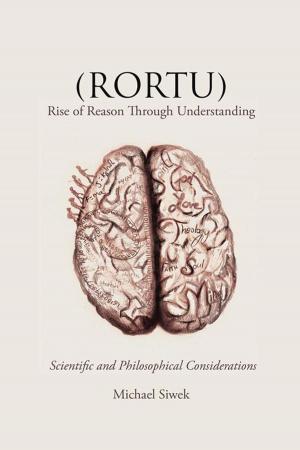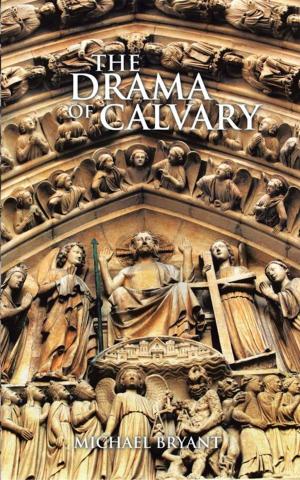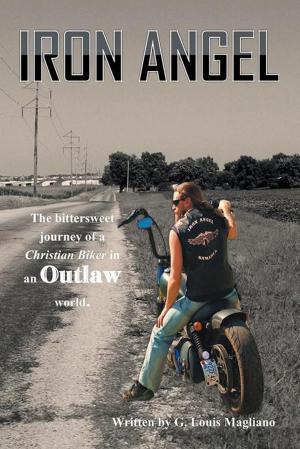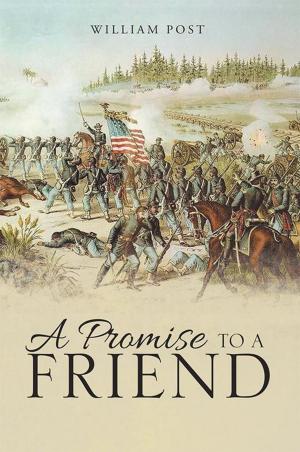| Author: | James Haydock | ISBN: | 9781456795221 |
| Publisher: | AuthorHouse | Publication: | August 31, 2011 |
| Imprint: | AuthorHouse | Language: | English |
| Author: | James Haydock |
| ISBN: | 9781456795221 |
| Publisher: | AuthorHouse |
| Publication: | August 31, 2011 |
| Imprint: | AuthorHouse |
| Language: | English |
The book dramatizes the plight of abolitionist Quakers living in
eastern North Carolina during the Civil War. As the war rages from
1861 to 1865, both Union and Confederate forces tramp through the
region to destroy whatever they come upon and confiscate, as the
war drags on, anything of value. A Quaker family entrenched in
rural tradition and a faith emphasizing peace quietly resists the brutality
of war but is made to suffer. As Southerners, Union soldiers see them
as the enemy. As abolitionists going against the grain of Southern
culture, Confederate soldiers despise and harass them. When they
refuse to pay the exemption tax, their men are required to go into the
army. Refusing to bear arms, their mettle is severely tested at Gettysburg
and Petersburg. The book is about courage and endurance in the maw
of adversity. It is closely based on historical fact, Confederate records,
and Quaker tradition.
The book dramatizes the plight of abolitionist Quakers living in
eastern North Carolina during the Civil War. As the war rages from
1861 to 1865, both Union and Confederate forces tramp through the
region to destroy whatever they come upon and confiscate, as the
war drags on, anything of value. A Quaker family entrenched in
rural tradition and a faith emphasizing peace quietly resists the brutality
of war but is made to suffer. As Southerners, Union soldiers see them
as the enemy. As abolitionists going against the grain of Southern
culture, Confederate soldiers despise and harass them. When they
refuse to pay the exemption tax, their men are required to go into the
army. Refusing to bear arms, their mettle is severely tested at Gettysburg
and Petersburg. The book is about courage and endurance in the maw
of adversity. It is closely based on historical fact, Confederate records,
and Quaker tradition.
